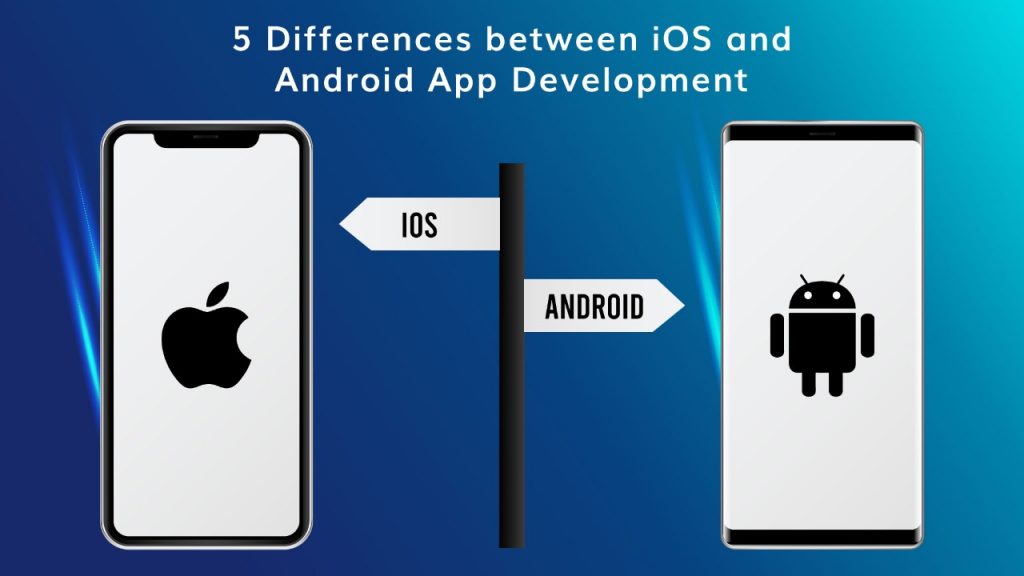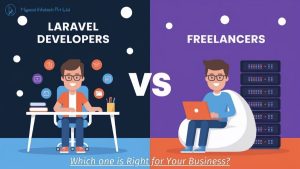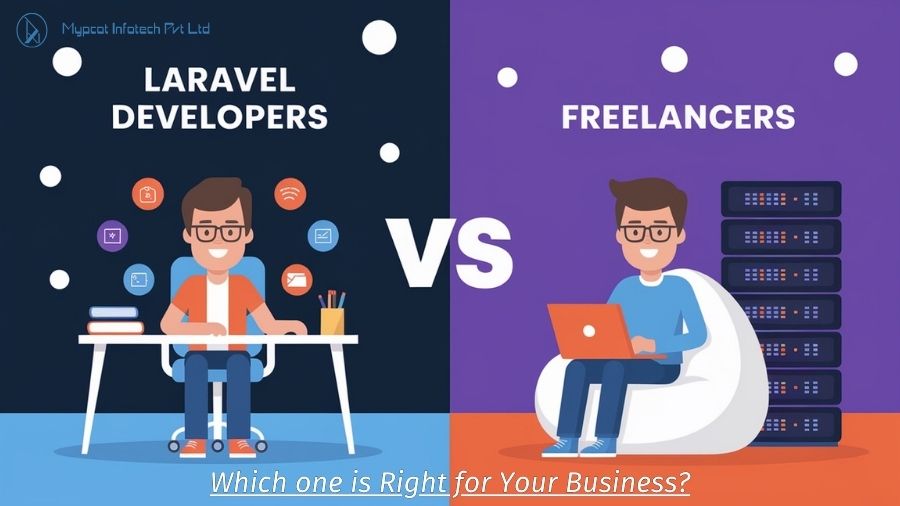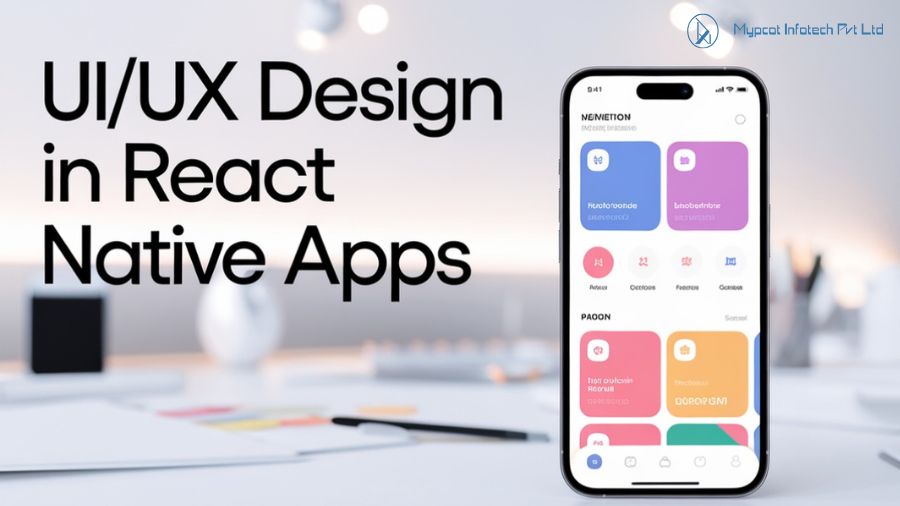5 Differences between iOS and Android App Development
Powerful mobile apps have become an integral part of our lives. In fact, mobile apps have become so indispensable that it is almost impossible to imagine our lives without them. However, when it comes to mobile app development, companies and engineers are often puzzled between Android and iOS development. While there are several architectural similarities between iOS and Android apps, their development, maintenance, and marketing approaches vary vastly.
If you’re thinking of launching a mobile app, choosing between the iOS and Android platforms could determine your mobile app’s success in the market. While some app owners might think, to reap the maximum benefits from your mobile app efforts, it is better to launch iOS and Android versions simultaneously, this undertaking can be risky and expensive.
This article discusses the significant differences between iOS and android app development, evaluating the opportunities and risks involved. By the end, you will know if iOS or Android is a better fit for your project.
1: Target audience
A successful software solution is one that is aware of its customer base and knows how to fulfill its requirements. While you can load your mobile apps with features until it appeals to your target audience, it is a futile investment. Choosing between the iOS and Android platforms depends more on the users you’re trying to target. For that, you need to study the demographics and evaluate which platform your customers trust.
Regarding the Indian mobile app market, people prefer Android smartphones due to their easy affordability than Apple mobiles. However, people who have used iOS once in their lifetime tend to stay loyal to the brand. Although the market share of android users is bigger, the income level for iOS users is higher. So, keep this information in mind when investing in iOS or android app mobile development.
2: Development cost
The platform you choose plays an instrumental role in deciding your budget. It is a common opinion that developing iOS apps is more expensive than android apps. However, the total cost of mobile app development depends on factors like your features, the development team, business requirements, industrial genre, demographics, etc. The more time it takes to develop the mobile app, the more expensive the mobile app development process would be.
As per a report by Cleveroad, essential apps take 300 hours, medium complexity apps take 600 hours, and complex apps take 800 hours to develop. Usually, developing android apps are a more expensive undertaking as it has to be adapted to different screen sizes, whereas that is not an issue in iOS app development.
3: App design and UX
The design theme of your iOS or Android apps determines their look and feel. The better the user experience, the higher its number of downloads. For Android, you need to adhere to the Material Design, while for iOS, it will be Human Interface Guidelines.
iOS and Android apps differ in their design strategy, which is pretty evident from the navigation bar, typography, icon sizes, screen resolution, back button, pop-up notifications, and so on. When compared, iOS apps are more predictable and appealing in their look. On the contrary, Android apps require more time as they have to be adapted for different screen sizes and resolutions.
4: Differences in development approaches
The biggest dissimilarities between iOS and Android development are on the technical side, i.e., programming languages, testing approaches, etc.
- Programming languages: Both iOS and android operating systems use different technical stacks. iOS employs Swift programming language while Android relies heavily on Java or Kotlin. Coming to the operating system’s efficiency, most developers find iOS app development easier than Android development. It is because coding in Swift demands less time than in Java or Kotlin due to its high readability. However, with the recent developments in Kotlin, considered a worthy successor to Java, the tables around mobile app development might turn.
- Development environment: Another difference between iOS and Android development lies in their integrated development environment. iOS developers use the proprietary XCode tool. Since Apple backs it, you can expect timely updates, bug fixes, and easy customizations across the array of iOS devices.
Android developers employ the Android Studio, a product of Google that offers easy cross-platform support, high readability, debugging features, and other development features.
Coming to the question of which IDE is better, well, both have its pros and cons. Developers might find Android Studio or XCode better based on their liking and habits.
- System-specific design differences: Although iOS and Android are strong contenders for mobile app development, they differ enormously in their navigation and architecture organization. Android apps are developed in sprints, which means the development is broken down into fragments and activities. Each activity represents one app screen. In case a developer has to code multiple screens, he will have to manage dozens of activities.
iOS apps are developed using view controllers. A view controller controls parts of a screen or the entire screen. Some common view controllers are page view, split view controllers, tab, and so on. Developers can manage controllers via code or by organizing them as a storyboard and storing them as an XML file. This accelerates development speed while reducing the risks associated.
5: App Store optimization and distribution
Once you’re done with the mobile app development process, you must upload it to the App Store or Play Store. Although both marketplaces are growing at an unprecedented level, Play Store beats App Store in terms of the number of apps hosted on the marketplace. However, it also means that the competition on Play Store is tougher than App Store.
So, to develop and run a successful app, you must invest your time, efforts, and money in mobile app development. App store optimization is the foundation of your mobile app’s marketing strategy.
Finding the right mobile app development company
While these characteristics will help you choose between the iOS and Android platforms. If you’re looking to develop an iOS or Android app, contact Mypcot Infotech which is one of the Best Mobile app development Company in Mumbai for your mobile app development needs.











